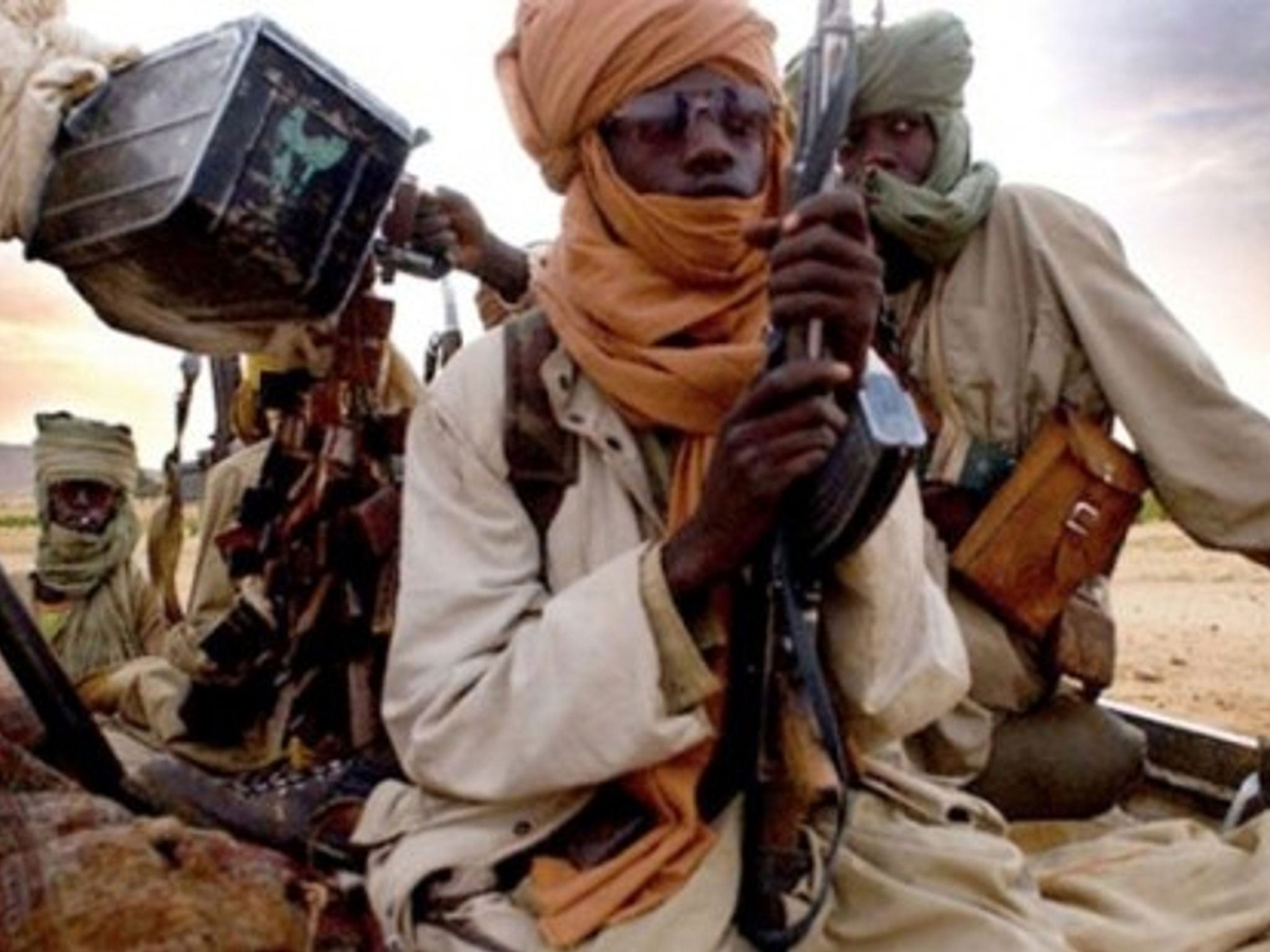Mali is not a global conflict, so a global response would merely repeat the errors of the past
The notion of a global threat from a revived al-Qa'ida should be familiar by now; it's the same flawed reasoning the led the US to launch its "War against Terror"

To listen to some of the comment on the seizure of Western hostages in eastern Algeria, you’d have thought that the world now faces a global threat from a revived al-Qa’ida that stretches right across Africa from Somalia in the east to Nigeria in the west, taking a dozen countries along the way.
It was the same kind of reasoning, if you remember, which led the US to launch its “War Against Terror” in response to 9/11. And it’s the justification now being used by French politicians, with US and British approval, for sending the bombers into Mali. The taking of hostages in the gas plant in eastern Algeria would seem only to confirm the threat and make a concerted Western response more necessary and more urgent.
We didn’t get it right then in our Blairite rhetoric of world threat, which failed to understand the specifics of place and context. And we’re in danger of getting it wrong again in Africa.
Of course, there is a threat of instability and terrorist outrages. Globalisation has enabled all sorts of groups to mask themselves with the ideology of religion, and gain the weaponry of war and the training. But that doesn’t make it any the more global in its origins or its intentions.
Take the case of Mali. Instability from the nomadic Tuareg and Berber in the desert that knows no national boundaries has been around for centuries. So has religious fundamentalism, as any history of the successive Muslim rulers of Morocco and southern Spain will show.
Taking Westerners as hostages has been a regular tactic by armed groups for decades now, not least because it has provided a ready source of ransom money. So has smuggling. The flood of arms and mercenaries released by the fall of Colonel Gaddafi has provided added muscle to extremist groups but not really changed their methods or ambitions.
It’s possible that the latest seizure of the gas workers in Algeria is connected with the French intervention in Mali, but unlikely. It was probably planned for weeks, even months, as a money-raising project.
That doesn’t make the terrorist threat from these groups any easier to handle. But it should make the West warier of just what it can or cannot do. Attempting to quell, let alone eradicate, small insurgent groups when they are well-armed and local in their knowledge is notoriously difficult, as the French and British should know from their colonial experience.
Equally, however, groups with limited numbers and little experience outside their own area find it difficult to take on a state if it is properly armed and defended in cities, unless the state itself collapses.
The problem of Mali is that it hasn’t the forces to cope. Determined US efforts since 9/11 to train troops and commanders merely resulted in a number of them switching sides as soon as it seemed that they would earn more money and gain more power by doing so.
Bombing won’t turn the tide, although it may serve initially as a shock to rebel advances. On the other hand, an international force provided by Mali’s neighbours just might make a difference. The most effective response is probably the oldest: buy your way out of trouble by paying mercenaries and bribing some of your opponents to switch sides again.
What we are witnessing in the Maghreb is not a religious war, let alone a global one. It’s the product of an instability born of too many arms and too much money falling into the wrong hands. And for that you need to look at Western intervention in the past, and the extremist funding from our ally, Saudi Arabia, in the present.
The right way to intervene in Syria
The pictures and stories of the refugees from the Syrian conflict become more harrowing by the day. More than 600,000 have now fled the country in order to take shelter in camps or makeshift accommodation in neighbouring Turkey, Lebanon and Jordan. With winter in its depths and transport difficult, conditions are often dire.
Turkey, in particular, has done its best to cope with the inflow, as have Lebanon and Jordan. But it has clearly moved beyond their capacity to provide the succour and shelter needed to meet a flow that amounts to thousands of new arrivals every day. Instead of worrying so much about the civil war in the country spilling over into the region, what the world should be worrying about is helping the civilian victims. There is still no coordinated emergency appeal for assistance either at government or at aid-agency level. Nor does there appear to be any major plan for providing the transport and the blankets, tents and medical help that is needed.
To intervene directly in the conflict would still be madness. But we can make a difference by helping those in need.
Join our commenting forum
Join thought-provoking conversations, follow other Independent readers and see their replies
Comments
Bookmark popover
Removed from bookmarks